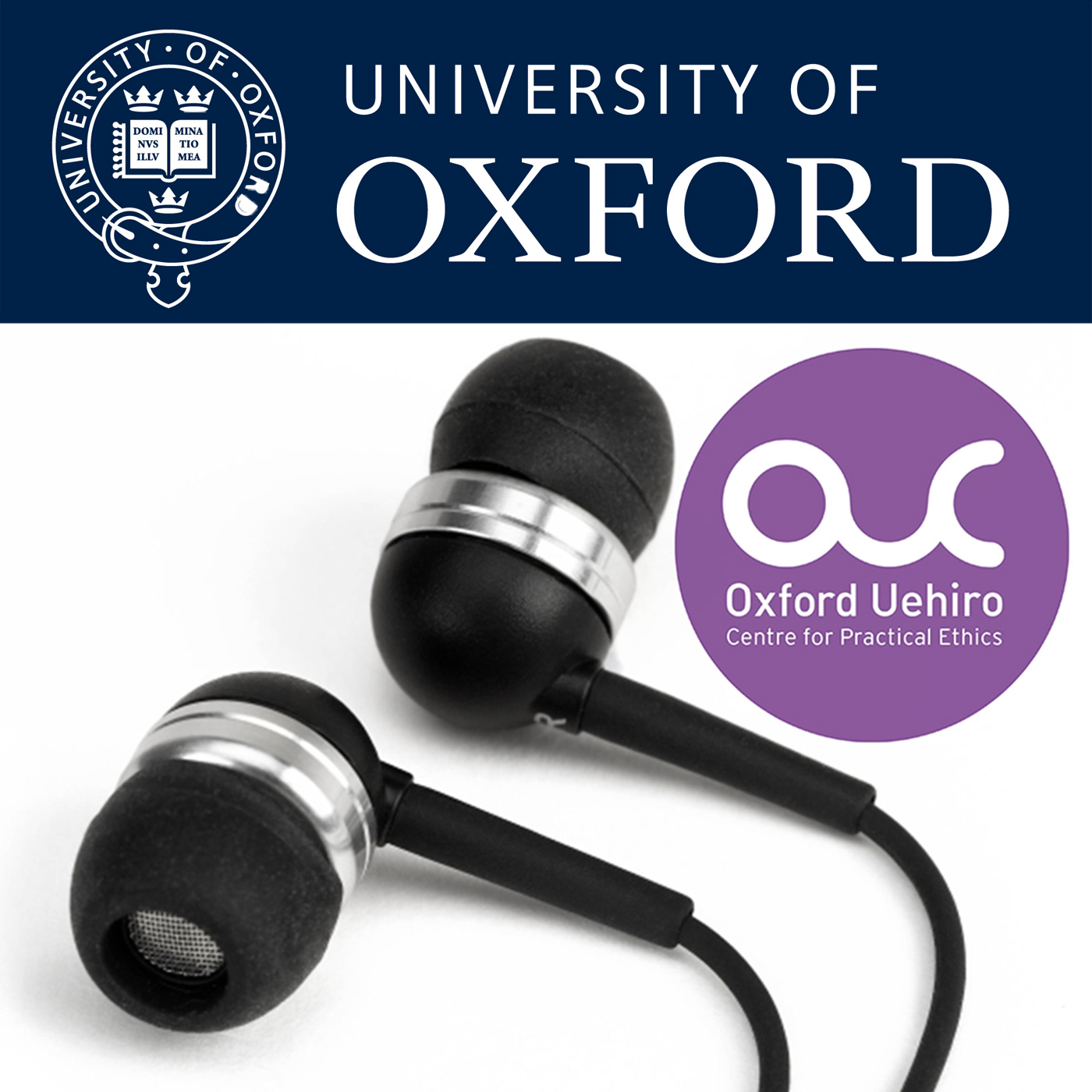The Neuroscience of Moral Agency (Or: How I Learned to Love Determinism and Still Respect Myself in the Morning)
Description
In this public lecture, Dr William Casebeer discusses neuroscience, human agency and free will. The findings of neuroscience are often used to undermine traditional assumptions about the nature of human agency. In this talk, I sketch out a compatibilist position which leverages a neo-Aristotelian concept of “critical control distinctions”—rather than talking about whether agents freely will actions, a more consilient vocabulary asks whether agents were in control or out of control when the action was taken. A plausible neurobiological determinism can save what is worth saving about our traditional notions of responsibility and also points toward a twenty-first century research agenda which coevolves legal and moral norms about responsibility with neuroscientific critical control capacities.
More Episodes
A St Cross Special Ethics Seminar, recorded at St Cross College, Oxford in February 2024. Demandingness objections have become a stock argument in ethics claiming that single moral demands or entire moral theories must be given up or altered if they ask too much of agents. But can we clearly...
Published 03/28/24
Professor Predrag uses a comparison of money and morality to explore the mutual relationship between morality and personality. To clarify the tension that exists between morality and personality, Cicovacki opens his talk by comparing the development of the money economy and morality. Money and...
Published 11/09/23
Professor Mark Coeckelbergh considers whether AI poses a risk for democracy n this St Cross Special Ethics Seminar Cases such as Cambridge Analytica or the use of AI by the Chinese government suggest that the use of artificial intelligence (AI) creates some risks for democracy. This paper...
Published 03/13/23


